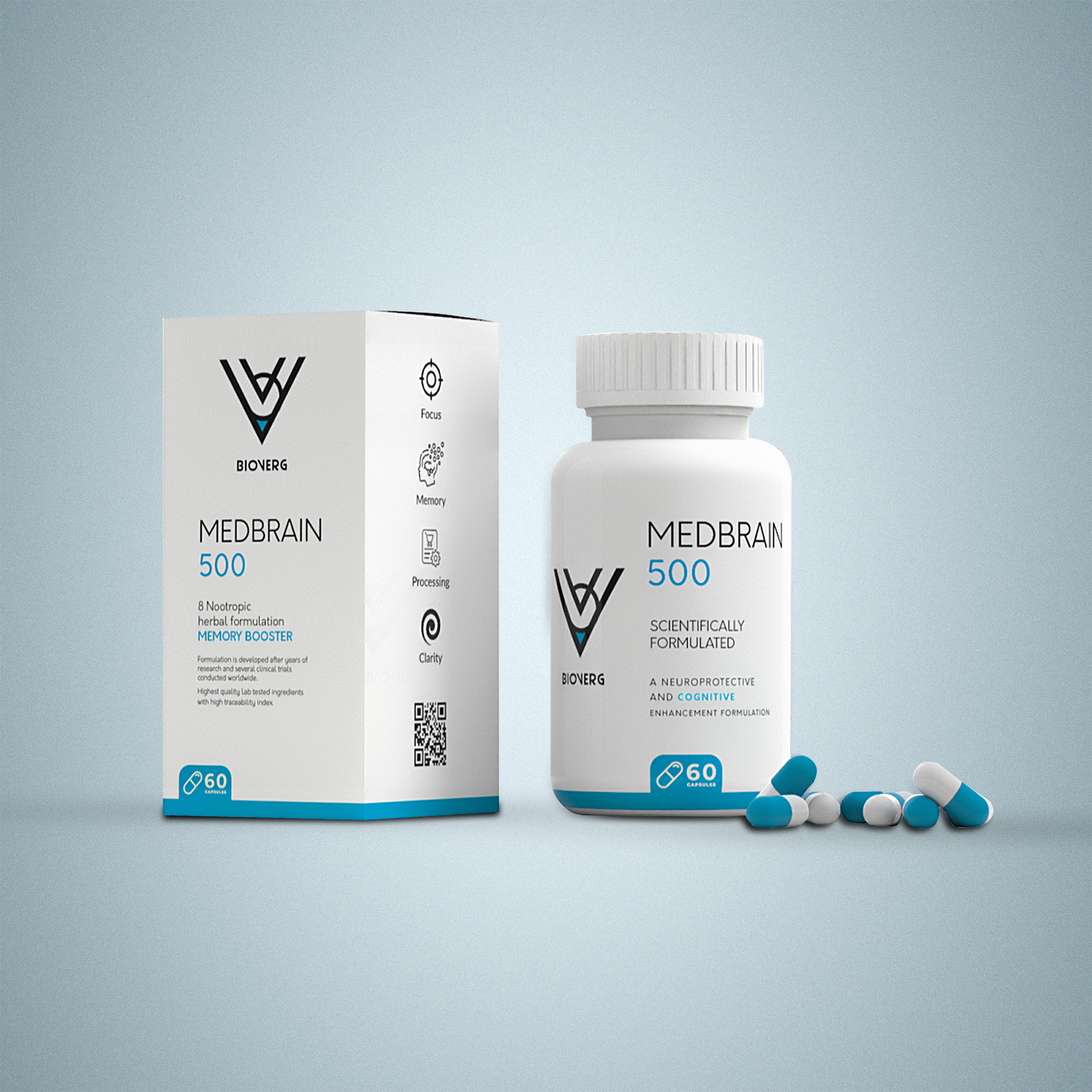Some studies suggest that cannabinoids found in cannabis, such as THC (tetrahydrocannabinol) and CBD (cannabidiol), have anti-inflammatory properties. Alzheimer's disease involves chronic inflammation in the brain, and reducing inflammation may help slow down the progression of the disease.
Cannabinoids have been shown to have neuroprotective properties, which means they may help protect brain cells from damage and degeneration. This could potentially slow down the cognitive decline associated with Alzheimer's.
One of the hallmarks of Alzheimer's disease is the accumulation of beta-amyloid plaques in the brain. Some research suggests that cannabinoids may help reduce the buildup of these plaques, potentially slowing down the progression of the disease.
Alzheimer's patients often experience behavioral symptoms such as agitation, aggression, and sleep disturbances. Some anecdotal evidence and preliminary research suggest that cannabis may help improve these symptoms and provide relief for individuals with Alzheimer's
What Studies Exist to Support the Use of Cannabis for Alzheimer's Disease?
While there is ongoing research on the potential benefits of cannabis for Alzheimer's disease, it's important to note that the findings are still preliminary, and more studies are needed to establish its effectiveness.
A 2019 study review titled ‘A Review on Studies of Marijuana for Alzheimer’s Disease – Focusing on CBD, THC’ suggest that the CBD compounds found in cannabis could have potential in the treatment and prevention of Alzheimer's disease (AD) by targeting the primary causal factors of the condition. Furthermore, it was proposed that combining CBD and THC may be more beneficial compared to using either compound alone.
A review article published in the journal Current Alzheimer Research in 2016 discussed the potential therapeutic properties of cannabinoids for Alzheimer's disease. The authors highlighted the anti-inflammatory, neuroprotective, and antioxidant effects of cannabinoids and suggested that they may have a role in slowing down the progression of Alzheimer's disease.
Does cannabis for Alzheimer's disease have side effects?
The side effects of using medical cannabis for pain, palliative, and cancer care can vary depending on the individual, the method of use, the dosage, and the type of cannabis used.
It can range from Psychotropic effects like euphoria, drowsiness, dizziness, and confusion to cognitive ones including issues related to memory, attention, and reaction time. Besides, smoking or inhaling cannabis can cause respiratory irritation, coughing, and bronchitis. This can be a concern for patients with preexisting lung conditions.
Cannabis can also cause changes in heart rate and blood pressure, which can be problematic for patients with cardiovascular disease and gastrointestinal discomfort, including nausea, vomiting, and diarrhea.
Key takeaways
Cannabinoids, such as THC and CBD, found in cannabis may have anti-inflammatory properties, which could help reduce inflammation in the brain associated with Alzheimer's disease.
Cannabinoids have shown neuroprotective properties, potentially protecting brain cells from damage and slowing down cognitive decline.
Some studies suggest that cannabinoids may help reduce the accumulation of beta-amyloid plaques, one of the hallmarks of Alzheimer's disease, and improve behavioural symptoms experienced by Alzheimer's patients.
Please note: It's important to note that the effects of cannabis can vary depending on the individual, and not everyone may respond the same way. Additionally, the use of cannabis for medical purposes should always be discussed with a healthcare professional who can provide personalized advice based on the individual's specific condition and medical history.


DISCUSSION FORUM INFLAMMATION